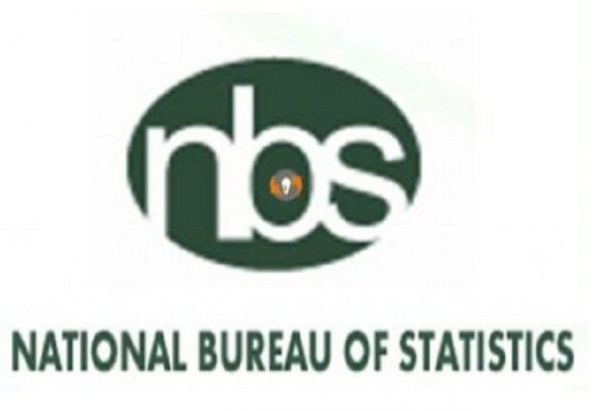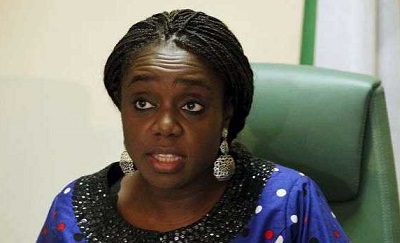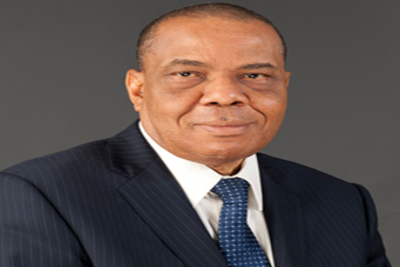Inflation hit two-year high at 12.34% in April –NBS
 The consumer price index, which measures the rate of inflation in Nigeria, increased by 12.34 per cent (year-on-year) in April 2020.
The consumer price index, which measures the rate of inflation in Nigeria, increased by 12.34 per cent (year-on-year) in April 2020.
According to the Consumer Price Index April 2020 report released by the National Bureau of Statistics on Thursday, the rise in inflation represents 0.08 per cent points higher than the rate recorded in March 2020.
The NBS had reported a 12.26 per cent inflation rate for March 2020.
The 12.34 per cent April 2020 inflation rate is the highest to be recorded by the economy in the last two years.
The last time the index was as high as this was in April 2018 when the CPI was put at 12.48 per cent.
“Increases were recorded in all COICOP (Classification of Individual Consumption by Purpose) divisions that yielded the headline index,” the latest NBS report stated.
It noted that on month-on-month basis, the headline index increased by 1.02 per cent in April.
“This is 0.18 per cent rate higher than the rate recorded in March 2020 (0.84 per cent),” the bureau said.
The percentage change in the average composite CPI for the 12-month period ending April 2020 over the average of the CPI for the previous 12-month period was 11.71 per cent, showing 0.09 per cent point rise from 11.62 per cent recorded in March 2020.
The urban inflation rate increased by 13.01 per cent (year-on-year) in April 2020 from 12.93 per cent recorded in March 2020, while the rural inflation rate increased by 11.73 per cent in April 2020 from 11.64 per cent in March 2020.
On a month-on-month basis, the urban index rose by 1.06 per cent in April 2020, up by 0.18 from the 0.88 per cent recorded in March 2020, while the rural index also rose by 0.98 per cent in April 2020, up by 0.18 from the rate recorded in March 2020 (0.80) per cent.
The corresponding 12-month year-on-year average percentage change for the urban index was 12.26 per cent in April 2020.
“This is higher than 12.15 per cent reported in March 2020, while the corresponding rural inflation rate in April 2020 is 11.20 per cent compared to 11.14 per cent recorded in March 2020,” the report stated.
The Central Bank of Nigeria Governor, Godwin Emefiele, had said the rise in inflation in the last six months was due to structural factors.
He gave some of the structural factors to include border protection policy, disruptions and challenges around food production belts, and pass-through effect from the recent increase in Value Added Tax.
The Chief Executive Officer, Economic Associates, Dr Ayo Teriba, said Nigeria should be worried about economic recovery rather than inflation.
He said, “The lockdowns such as the international travels lockdown, interstate movement lockdown led to disruption in the commodity supply chain.
“The lockdown did not only disrupt the supply chain but depressed demand. People did not go out and did not have money and were expecting government to provide palliatives.
“Inflation should be the least of our worry; it should be trying to exit the lockdown, and getting the economy to recover.”
He added that the situation in the country was close to national emergency.







